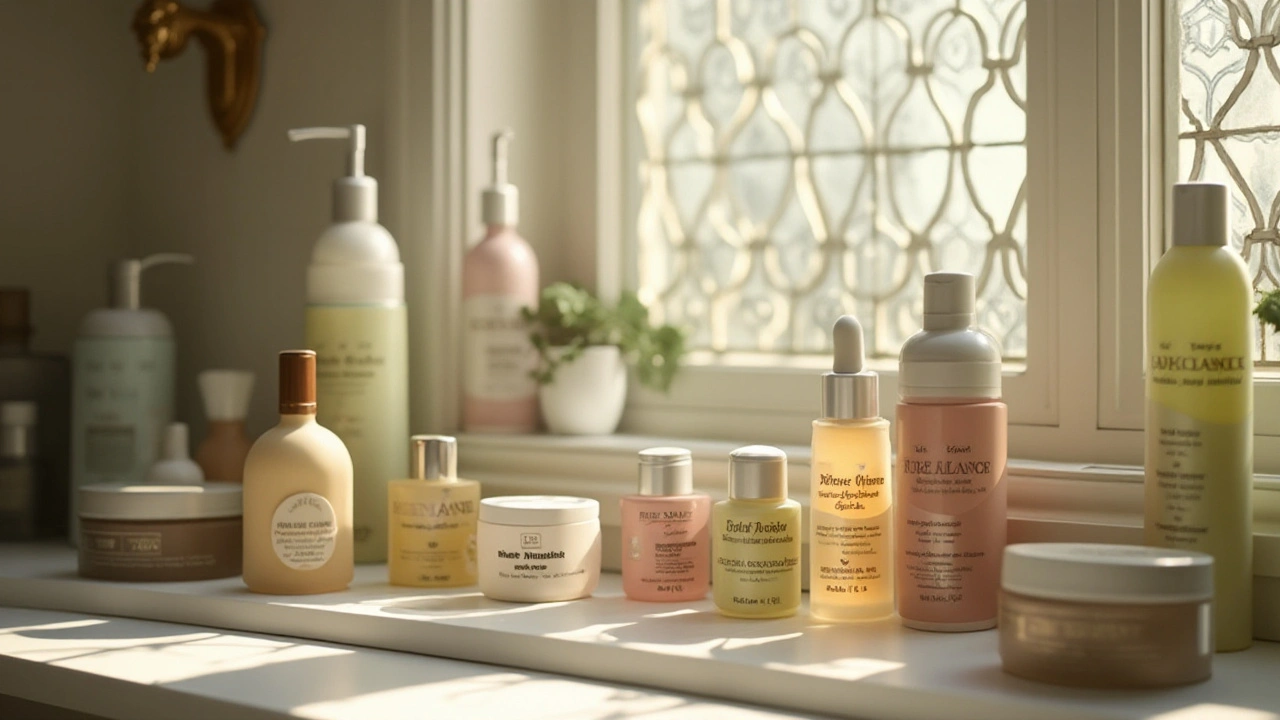Skincare Alternatives: What You Need to Know
Looking for skincare alternatives can feel overwhelming with so many products out there claiming to solve your skin problems. Whether you're dealing with sensitive skin, allergies, or just want to switch things up, knowing your options can make a big difference.
First, why choose an alternative? Sometimes, traditional skincare products cause irritation or just don’t deliver the results you want. Others might contain ingredients that don’t align with your lifestyle or skin type. This is where alternatives come in handy: natural ingredients, gentler formulas, or completely different approaches that still help your skin thrive.
Natural and Gentle Options for Sensitive Skin
If harsh chemicals and fragrances make your skin rebel, consider natural alternatives. Ingredients like aloe vera, chamomile, and oatmeal soothe and calm irritated skin without the side effects that synthetic ingredients might trigger. You can find gentle cleansers and moisturizers featuring these natural components or even create your own simple remedies at home.
Switching to fragrance-free products can also help. Many commercial skincare lines add perfumes that cause redness or breakouts. By picking fragrance-free or hypoallergenic products, you reduce the chance of adverse reactions while still caring for your skin’s needs.
Product Swaps That Make a Difference
Sometimes, alternatives mean swapping out one product for another with a different active ingredient or texture. For example, if you rely on a chemical exfoliant that’s too harsh, try a mild enzyme-based exfoliant like papaya or pineapple extracts. These work gently to refresh your skin without causing dryness or peeling.
Similarly, instead of heavy creams, consider lightweight gels or lotions during warmer months. They hydrate without clogging pores or weighing your skin down. If you’re managing acne, look into non-comedogenic (won’t clog pores) products that use ingredients like salicylic acid or niacinamide as alternatives to stronger medications.
Remember, when you try new products or ingredients, patch test first. This way, you protect your skin from surprises and find the best fit for your unique needs.
In the end, skincare alternatives aren’t one-size-fits-all. Knowing what works for your skin, what to avoid, and where to look is the key. Whether it’s natural remedies, fragrance-free choices, or product swaps, the right alternative is out there waiting for you to discover.

